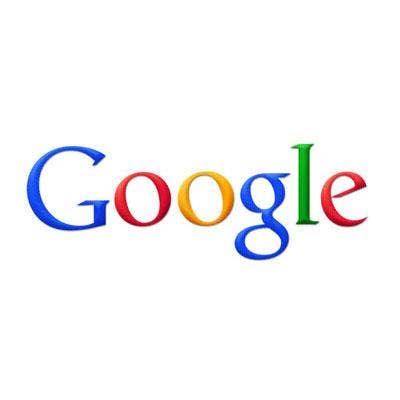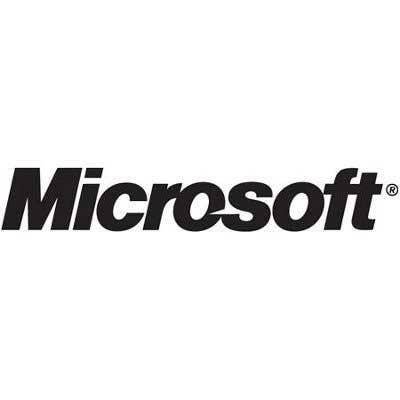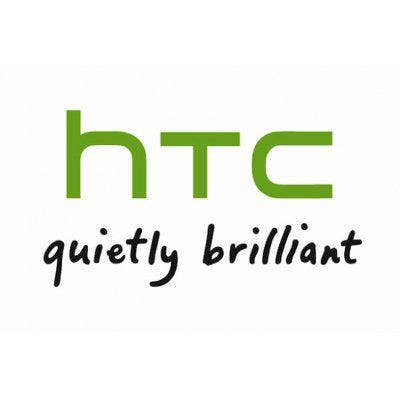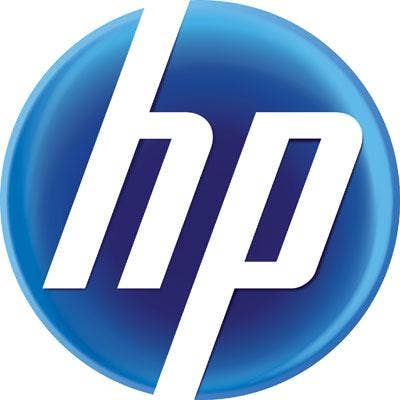Five Vendors That Dropped The Ball This Week

AT&T Drops Guillotine On Unlimited 3G Data
Although not entirely unexpected, AT&T's decision to institute bandwidth caps for 3G data isn't going to win it any fans.
When Apple launched the iPad, part of its appeal was that AT&T would offer an unlimited data plan for $29.99 a month with no contract. That looked like a great deal for people who were spooked by iPhone horror stories and weren't ready for a commitment, but now we see that AT&T had a trick up its sleeve.
This wouldn't be nearly as annoying if AT&T hadn't just raised its early termination fee from $175 to $325 on June 1, just before Apple is expected to launch its 4G iPhone.
Finally, AT&T's already battered image was tarnished even further after a customer emailed AT&T CEO Randall Stephenson voicing his displeasure with the data caps and was threatened with a cease-and-desist order (view the email exchange here).
AT&T later apologized, but it was still an astonishingly arrogant move for a carrier that's facing so much subscriber discontent over poor service.

Google Wields Windows F.U.D. Hammer, Clumsily
Google's leak about barring its employees from using Windows due to security concerns was one of the more ham-fisted marketing blunders in IT history. Nope, that's not an exaggeration, folks. Google is gearing up to launch its Chrome OS and could have just said it wanted to dog-food its own products, but instead, Google played on the old industry canard that Windows is full of security holes.
Without getting too much into the issue of why Windows is attacked more than other operating system, few security experts would argue that Microsoft hasn't at least tried to address the giant bulls-eye on its back by improving the security of its products. Shame on you, Google. You should have just said you were phasing out Windows Mobile phones because they suck.

Microsoft Whistles Past The Mobile Graveyard
For a company that's getting beaten up and having its lunch eaten in mobile, Microsoft still doesn't hesitate to cast doubts on Linux-related challengers. This week Steve Guggenheimer, vice president of the OEM division at Microsoft, suggested that Google's early momentum with Android on tablets is the same sort of mirage that Linux netbooks were when they hit the market.
"There are always lots of noises at the beginning of new category," Guggenheimer told the The Wall Street Journal at the Computex conference in Taiwan. His argument? That Linux products come with hidden support costs.
Um, Steve, whistle past the graveyard much? Although Android's momentum right now is in smartphones, Google also plans to get it onto tablets, too, and OEMs are lining up for the chance to bring products to market that don't involve paying for Microsoft licenses.

HTC Evo 4G Honeymoon Already Over?
HTC's Evo 4G comes packed with features that make gadgetheads drool, and some industry watchers believe it could pose the biggest challenge to the Apple iPhone yet. But a storage card problem with the Evo 4G could dampen some of the enthusiam around the device.
There have been reports of HTC EVO 4G users receiving messages of "insufficient file permissions" taking photos and video due to a glitch in the device's 8 GB microSD card. Some phones reportedly won't read the card at all.
HTC has reportedly sent out an over-the-air update to address the issue, but for a device that's got plenty of competition in the smartphone space, the glitch could take some of the wind out of HTC's sails.

HP's Mark Hurd Scares The Smartphone Hopeful
Hewlett-Packard CEO Mark Hurd caused eyebrows around the world to raise quizzically with his pronouncement this week about HP's intentions for webOS. "We didn't buy Palm to be in the smartphone business," Hurd reportedly said at the Bank of America Merrill Lynch technology summit.
Instead, HP bought Palm for its intellectual property and webOS's potential to power "millions of HP small form factor Web-connected devices".
Later, HP PR clarified Hurd's comments. "When we look at the market, we see an array of interconnected devices, including tablets, printers, and of course, smartphones," reads HP's attempt at damage control.
This was just a verbal gaffe, and not a market-moving one. Still, Hurd's comments probably sent a chill down the spine of investors and partners.
For our roundup of vendors that came to win this week, click here.